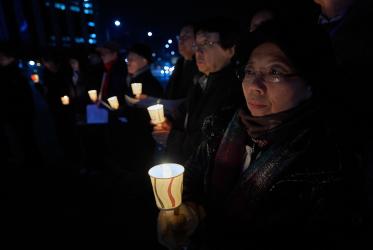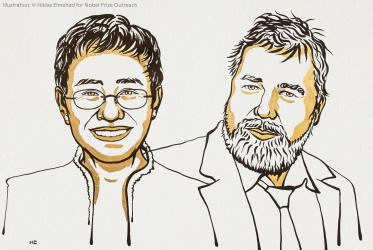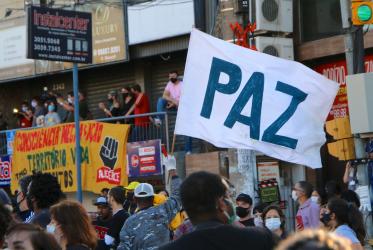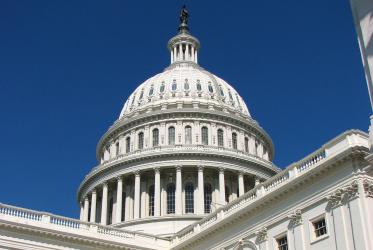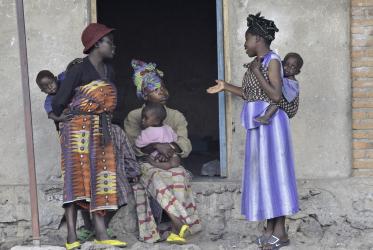Displaying 1 - 12 of 12
WCC congratulates 2021 Nobel Peace Prize laureates
14 October 2021
WCC mourns passing of Prof. Vuyani Vellem
09 December 2019
WCC expresses concern, solidarity with people of Sudan
12 April 2019
Broken glass of hope grown out of rubble
16 July 2018

